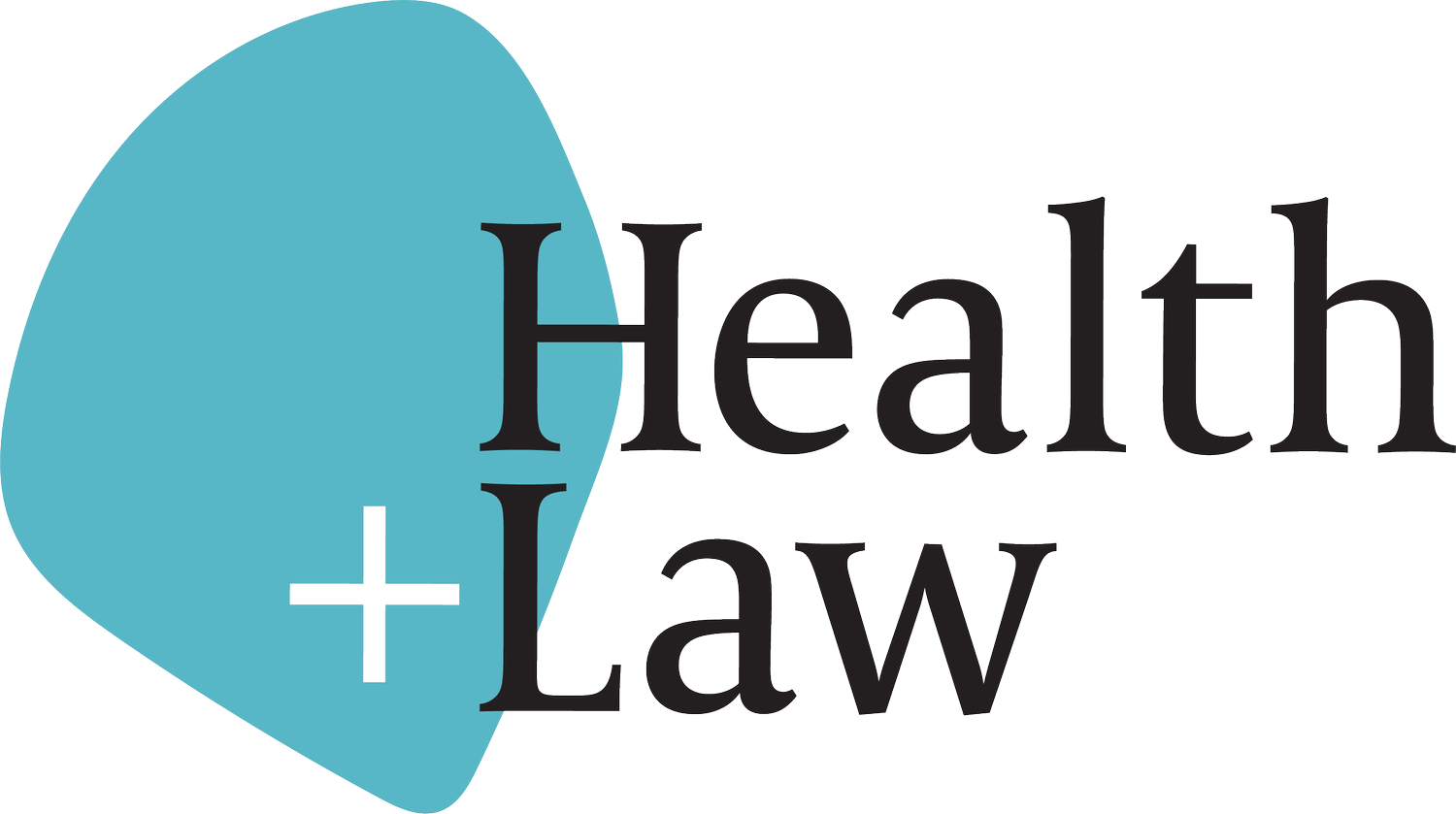National Review of Health-related Migration Restrictions Considers Reform
In 2012, the Global Commission on HIV and the Law Report brought together fourteen experts and advocates on HIV, law, public health and development from Africa, the Middle East, North America, the Pacific, South America and South-East Asia to make recommendations for improvement in the areas of public health, human rights and law, that could improve responses to HIV. The Commission’s final report, ‘HIV and the Law: Risks, Rights & Health’, was a landmark intervention in human rights and legal issues relating to HIV globally.
One key area of the 2012 report was HIV and migration, highlighting the disproportionate and harmful impact HIV-specific migration laws and policies have on those who are living with HIV. Health-related migration law and policy is known to create barriers to health care, including access to treatment, as well as lead to social isolation, splitting people from family, peer and community groups. Discriminatory laws and policies create the structural conditions for migrants’ lives that are more likely to leave them vulnerable to exploitation and without reliable access to health care.
At the time of the report’s publication, Australia was one of 46 jurisdictions with HIV-specific migration laws and policies imposing restrictions on migrant entry, stay or residence. Today, Australia remains a jurisdiction that imposes additional health criteria on people living with HIV who are seeking to migrate, are in the process of migrating, or are seeking permanent residency. As ‘HIV and the Law’ notes, from January 2010 onward, numerous countries had by this time either removed or eased their immigration restrictions for people living with HIV: this included Armenia, Fiji, Namibia, South Korea, the People’s Republic of China, the United States and Ukraine, but not Australia.
In 1995, the Australian government introduced ‘the Significant Cost Threshold’, which is the policy that the federal Australian government describes as being designed to ‘contain public expenditure on health care and community services’ by determining what a ‘significant cost’ is, which is ‘higher than average annual health and community services costs for an Australian’.
The Significant Cost Threshold acts as a ‘cut-off’, where, if a visa applicant’s anticipated health costs exceed the ‘cut-off’ amount, the costs are then considered to be ‘significant’, and a visa applicant will be determined to have not met the health requirement of a particular visa subclass. Currently the ‘cut-off’ amount of the Significant Cost Threshold is $51,000. For permanent visa applicants with a health condition that is considered ongoing or permanent with a ‘reasonably predictable course’, the Significant Cost Threshold is calculated over ten years. For a temporary visa applicant the Significant Cost Threshold is calculated over the period of stay of the visa subclass.
However, efforts are underway among advocates seeking to reform Australian migration law with respect to HIV status. In response to the Department of Home Affairs’s review of Australia’s policy settings around the visa Significant Cost Threshold (SCT), The HIV/AIDS Legal Centre (HALC), the National Association of People with HIV Australia (NAPWHA), Health Equity Matters (formerly AFAO) and ASHM (formerly the Australasian Society for HIV, Viral Hepatitis and Sexual Health Medicine) made a submission to the public consultation process. The submission outlines seven recommendations, including the need to increase the significant cost threshold amount and to reduce the period over which costs are calculated to a maximum of five years.
As the authors of the submission point out, the current cost threshold is based on the outdated and flawed belief that people living with HIV will require ‘prohibitively expensive life-long medical interventions’. With access to treatment and care, people living with HIV have equivalent health outcomes to members of the wider population and do not generate onerous health costs. And yet, currently, failing to meet existing cost thresholds means a visa refusal for specific visa classes for a person living with HIV, potentially prohibiting them from migrating to Australia.
You can read the HALC, NAPWHA, ASHM and Health Equity Matters submission in full here.
As part of our work, the Health+Law research partnership seeks to understand both the subtle and overt ways migration law and policy impacts people living with HIV and Hepatitis B, and to better understand the associated legal needs and justiciable issues.
Further reading & resources:
The Global Commission on HIV and the Law Report 2012:
Global Commission on HIV and the Law (hivlawcommission.org)
Submissions to the Review of Australia’s visa Significant Cost Threshold (SCT): Review of Australia's visa Significant Cost Threshold (SCT) (homeaffairs.gov.au)
The HIV/AIDs Legal Centre (HALC), The National Association of People with HIV Australia (NAPWHA), Health Equity Matters (formerly AFAO) and ASHM (formerly the Australasian Society for HIV, Viral Hepatitis and Sexual Health Medicine) submission to the Review of Australia's visa Significant Cost Threshold (SCT): Health Equity Matters - HALC - NAPWHA - ASHM (homeaffairs.gov.au)
Associate Professor David Carter, Health+Law Chief Investigator, delivered a presentation on the project’s pilot research into the harms inflicted on people living with HIV by Australia’s migration system. You can listen to the presentation here.


